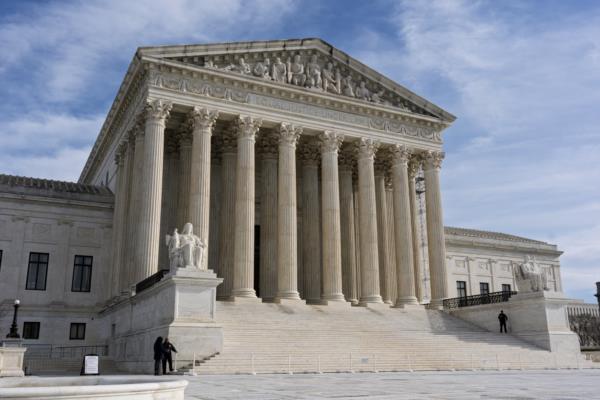
A Texas anti-pornography law is set to be reviewed by the Supreme Court on Wednesday, sparking a debate on free speech rights, online content regulation, and child protection. The law, similar to those in over a dozen states, aims to prevent young children and teenagers from accessing pornographic material. In response, adult-content site Pornhub has ceased operations in several states due to compliance challenges.
Texas argues that the law is crucial in safeguarding children from the easy access to explicit content on smartphones. However, critics, including the Free Speech Coalition, assert that the law infringes on adults' rights by mandating the submission of personal information online, potentially exposing them to privacy risks.
The Coalition also raises concerns about the law's broad scope, suggesting it could impact legitimate sexual education content and movie scenes. Additionally, the focus on porn sites rather than search engines is seen as a loophole by opponents.
The ACLU's Vera Eidelman highlights the broader implications of the law, stating that it could set a precedent for government regulation of speech. The Supreme Court has previously addressed similar issues, striking down parts of a 1996 law and ruling against a 2004 federal law targeting online pornography exposure to minors.
Texas emphasizes technological advancements in age verification, likening it to ID checks at physical stores. The 5th Circuit Court of Appeals upheld the law, allowing the age verification requirement to take effect. Other states with comparable laws include Tennessee, Arkansas, Indiana, and several others.
The Texas law imposes fines of up to $10,000 per violation, potentially escalating to $250,000 per violation involving a minor. The Supreme Court's decision on this case will have significant implications for online content regulation and free speech rights.
For more updates on the U.S. Supreme Court, visit AP's coverage.







